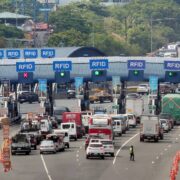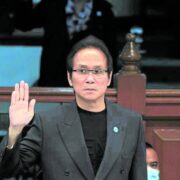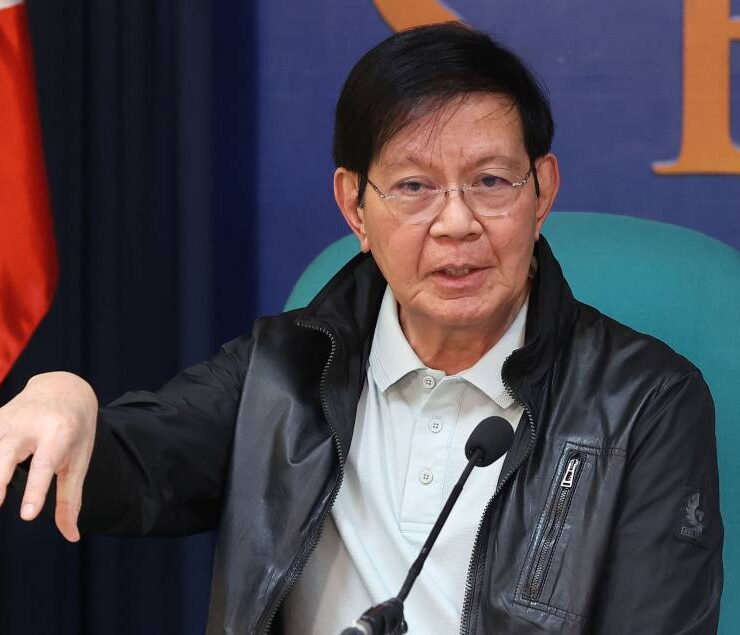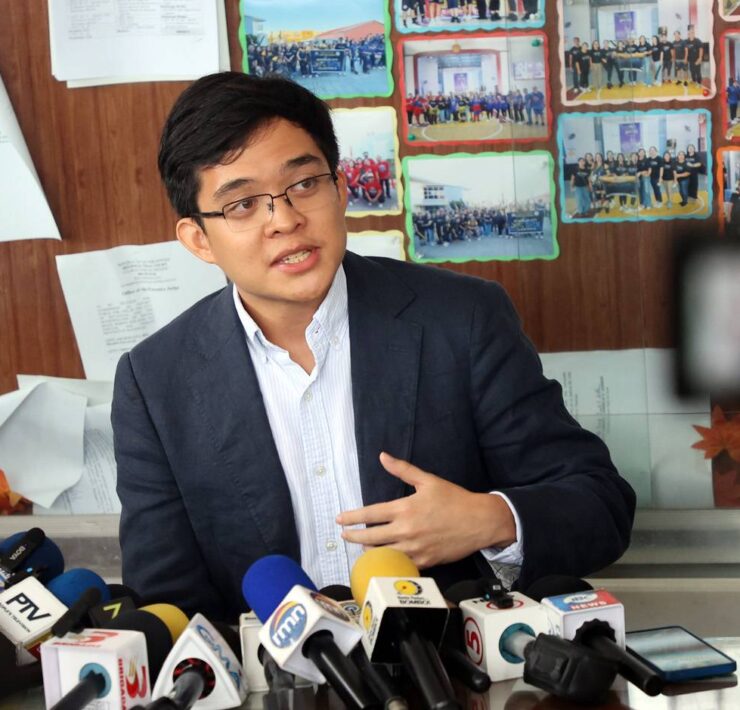Ping: House insertions in 2025 budget bigger
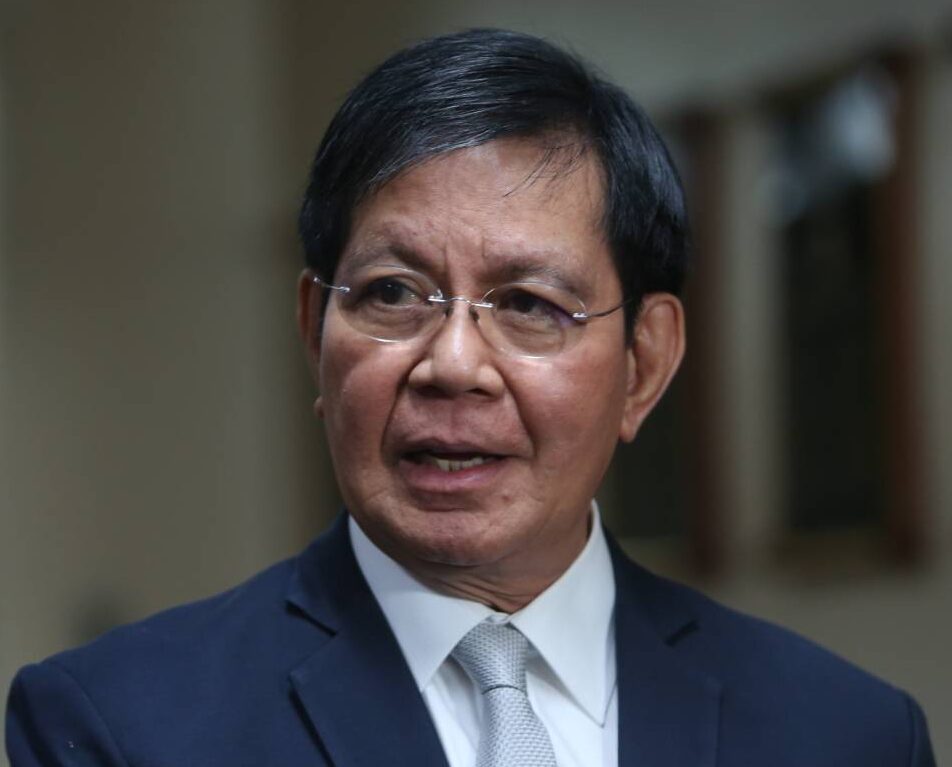
Senate President Pro Tempore Panfilo “Ping” Lacson said on Monday that members of the House of Representatives also made their own amendments or insertions in the 2025 national budget, with the total exceeding by “much, much more” those made by the Senate.
Lacson earlier bared that “almost all senators” under the 19th Congress inserted at least P100 billion worth of items in last year’s General Appropriations Act (GAA), mostly in favor of the Department of Public Works and Highways (DPWH), for infrastructure projects, including flood control.
Citing information he accessed, the chief of the Senate blue ribbon committee said the list of the House members who made insertions in the DPWH’s favor in last year’s GAA was several pages long, with the names in alphabetical order. “It was like a roll call,” Lacson said in an interview on radio dzBB.
When asked if the amount was larger than the insertions made by senators, Lacson replied: “Much, much more.”
He explained that the DPWH received such massive insertions because many lawmakers were likely in collusion with the department’s corrupt officials to get their share of huge kickbacks from projects—even if it meant giving the DPWH a bigger budget than the education sector, which was in violation of the 1987 Constitution.
Pattern of corruption
“The system of corruption has been in place, with lawmakers dealing with the district engineer and former [Public Works] Undersecretary Roberto Bernardo. That’s the pattern. You see the DPWH getting a bigger budget than the education sector because everyone involved got greedier and greedier, and stuffed the DPWH’s budget. That is unacceptable,” he said.
Lacson added that while it is good that a huge part of the insertions were held and tagged “for later release,” this may still affect the economy because properly vetted projects may not get the funding they need.
According to him, budget insertions by themselves are not illegal nor evil, as they are part of the mandate of lawmakers in shaping the national budget.
“But this mandate has been abused by lawmakers,” Lacson said.
“Introducing insertions are not illegal. It is our mandate as lawmakers to review the National Expenditure Program and introduce amendments. The problem is that many lawmakers abused this mandate,” he added. “I hope that in 2026, we will practice self-restraint. The people are angry so we must reform the way we pass the budget.”
Lacson said the Senate must lead the way in ensuring transparency in budget deliberations, especially during the period of individual amendments in plenary.
Part of regular process
Senate President Vicente Sotto III, meanwhile, defended the individual or institutional amendments or insertions done during Senate deliberations on the national budget, saying these were part of the regular process.
“It is unfortunate that the issue on ghost projects and failed flood control projects affect and generalized all amendments as illegal or improper,” Sotto said in a statement on Monday.
He explained that some of the insertions made by lawmakers in the 2025 national budget were for additional classrooms, farm-to-market roads and bridges that he said would benefit the public, especially those in far-flung provinces.
“Some of [these] were never funded and were tagged “for later release’ (FLR),” the Senate chief stressed.
Asked then if the insertions by the senators were not improper nor illegal and that only a few may be questionable, Sotto replied: “That’s right. Not all of them. They’re usually individual amendments.”
“Rest assured that for the 2026 budget, the Senate will institute changes for greater transparency, people’s participation and accountability,” he said.
Sen. JV Ejercito, who was part of the 19th Congress, also defended the amendments in the 2025 budget, saying that introducing changes after the budget hearings was part of the job of lawmakers “to support and further improve programs and projects.”
“Not all amendments are bad especially those which help agencies and departments,” Ejercito said.




